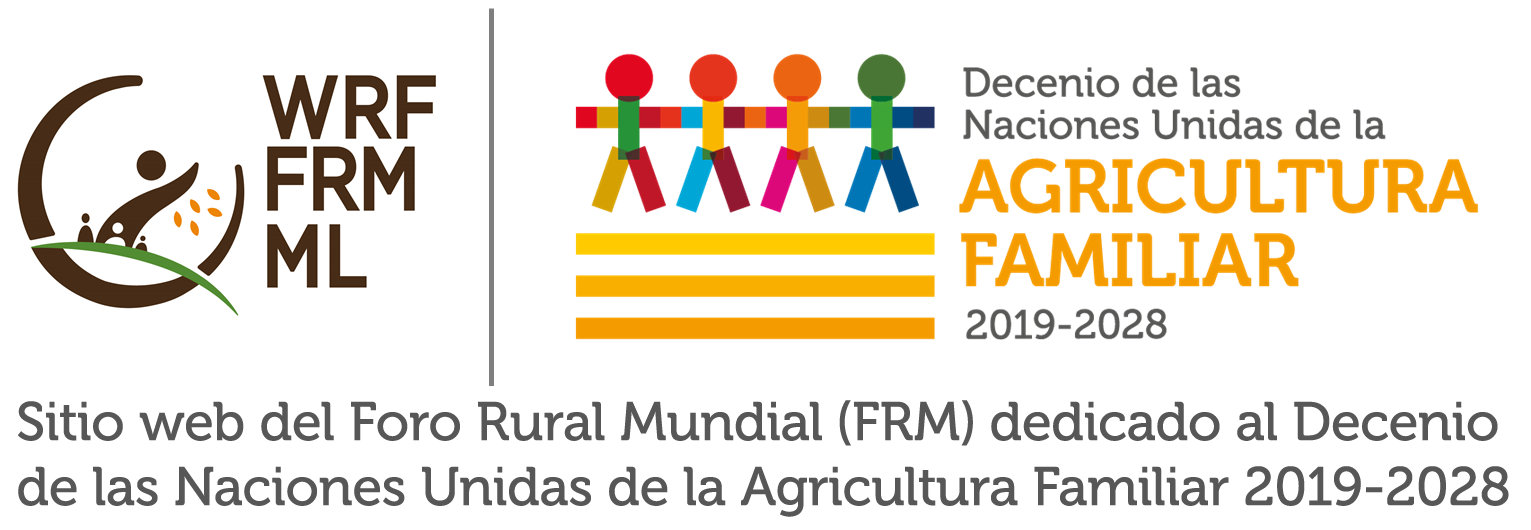The meeting, organized by the WRF, will define the future working areas that will provide continuity to the global campaign for Family Farming.
Thirty women and men farmers leaders will meet on 14 and 15 November in Brasilia, in order to evaluate the results and achievements of the International Year of Family Farming IYFF-2014 and set priority working areas for the future. Fundamental issues will be defined this way in order to continue promoting family farming around the world.
High level representatives of farmers’ organizations, artisanal fishers, pastoralists and indigenous communities will share their points of view for two days in the Brazilian capital, in dialogue with international organizations such as FAO and IFAD, as well as rural organizations, development agencies and research centers.
The World Conference of Women and Men Farmers Leaders is organized by the World Rural Forum, with the support of the Ministry of Agrarian Development of Brazil, Contag, ActionAid, Oxfam International and FAO. The meeting will be held as part of the activities of the IYFF-2014 World Consultative Committee, in charge of coordinating civil society organizations engaged with the IYFF-2014.
Participants will take stock of the objectives achieved during the IYFF-2014 in the fields of visibilization and advocacy on national and international agricultural policies that affect family farming. Moreover, they will review and update the demands agreed in early 2014 at the Abu Dhabi Declaration. They will seek to identify the major remaining tasks for the defense and strengthening of family farming, artisanal fisheries, pastoralists and the indigenous communities, with the purpose of keeping the momentum achieved in 2014.
The overall consensus reached at the World Conference of Women and Men Farmers Leaders in Brasilia will provide the necessary background to continue increasing social awareness and influencing policymakers. It will articulate the need to move forward in a coordinated manner to get the recognition of the role played by men and women in family farming and the creation of specific policies that support their work.






![brasilia[1]](https://www.familyfarmingcampaign.org/wp-content/uploads/2019/11/brasilia1.jpg)